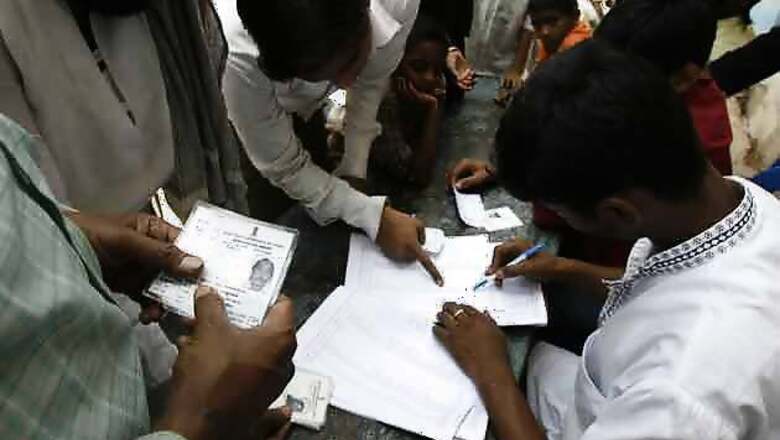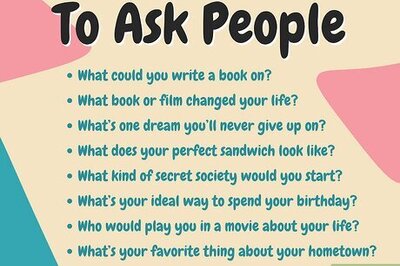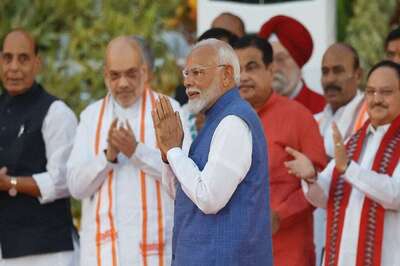
views
The record 75 percent polling in the Rajasthan assembly elections has surprised many, including political pundits who are still analyzing how the nine percent jump in voting from 2008 happened.
During the 2008 assembly elections, 66 percent of the votes had been cast.
Political analyst RK Chaudhary attributes the jump to the Election Commission's efforts and an anti-incumbency wave against the state government and the UPA coalition at the centre.
He further linked it to the popularity of the Bharatiya Janta Party's prime ministerial candidate, Narendra Modi.
"You can hate him. You can love him, but you cannot ignore him," said Chaudhary.
"There are several reasons behind the high voting percentage including awareness among young voters, and anger against issues like inflation," he added.
Chaudhary said that pro and anti-Modi wave contributed to overall high voting percentage.
Senior Congress leaders attributed higher voting percentage to awareness among the youth and the social welfare schemes launched by the Ashok Gehlot government in Rajasthan.
"Election commission held awareness campaigns in each district. Besides, there was an enthusiasm among young voters to exercise their democratic right," said a Congress leader.
"There was no anti-incumbency against the state government, in fact voters came out in large number to vote for the Gehlot government for its social welfare schemes like free medicines and pension," he added.
Over 600 generic medicines are provided free of cost in state-run government hospitals here.
However, a senior BJP leader attributed increased voting to Narendra Modi's popularity.
"People don't want Congress due to corruption and inflation. They want a strong prime minister like Narendra Modi. We believe the young voters came out in large numbers to vote in favour of Narendra Modi and Vasundhara Raje," said BJP leader Arun Chaturvedi


















Comments
0 comment